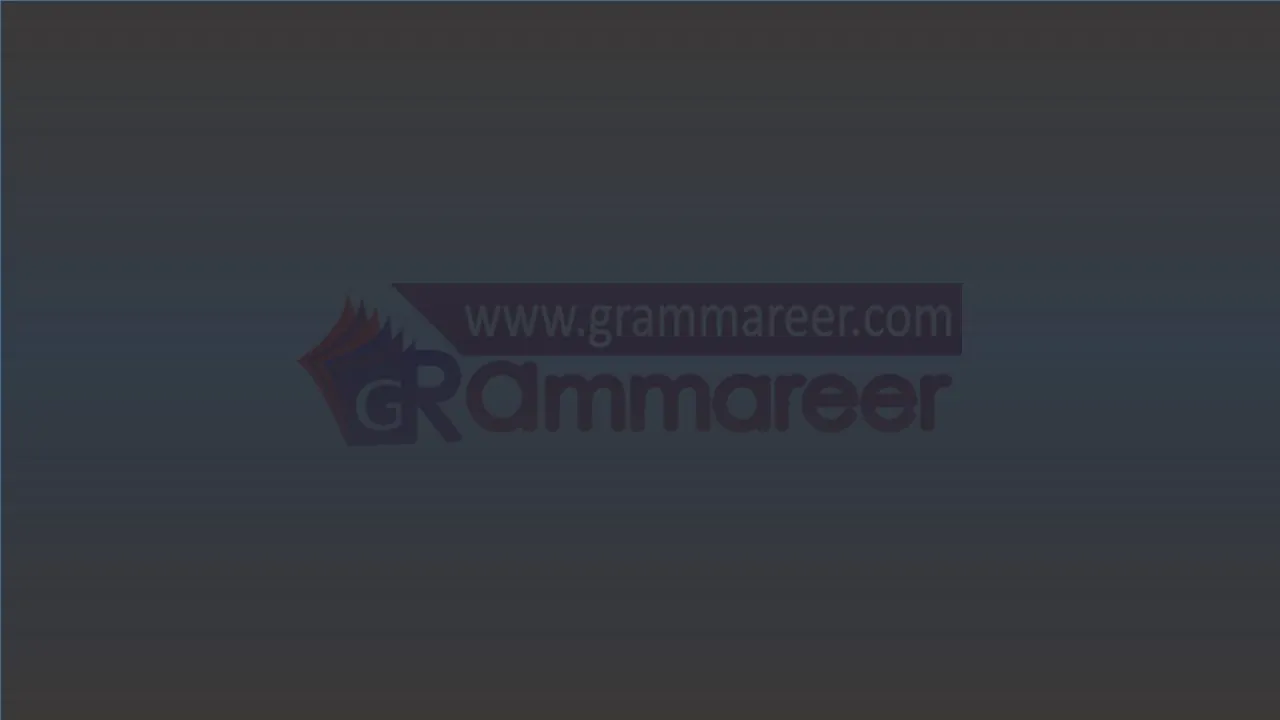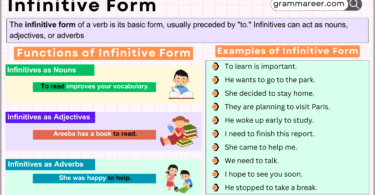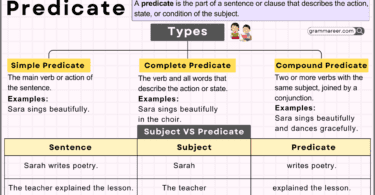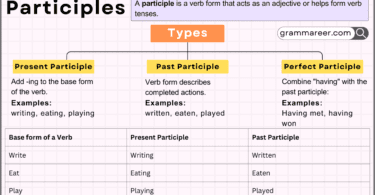In this blog post, you’ll learn how to use “won’t have to + first form” to express lack of obligation or unnecessary actions in future situations. This structure is essential for clear and polite communication. It helps speakers avoid confusion when talking about things they are not required to do. If you’re unsure when to use it, this guide is for you. To improve your understanding, keep learning more grammar topics.
Table of Contents
Use of Won’t Have To + 1st Form in
💡 Definition in Urdu
Won’t have to + فعل کی پہلی حالت
اس کا مطلب ہوتا ہے کہ آنے والے وقت میں کوئی کام کرنا ضروری نہیں ہوگا۔
یہ اس وقت استعمال ہوتا ہے جب کوئی ذمہ داری، مجبوری یا کام آئندہ نہیں کرنا پڑے گا۔
🧱 Structure
Subject + won’t have to + base form + rest of sentence
فاعل + won’t have to + فعل کی پہلی حالت + باقی جملہ
📝 Usage
This structure is used to talk about something that will not be necessary in the future. It shows freedom from obligation or no need to do a task later.
یہ کلیہ اس وقت استعمال کیا جاتا ہے جب آپ مستقبل میں کسی ایسے کام کے بارے میں بات کریں جو کرنے کی ضرورت نہیں پڑے گی۔
📘 Examples
- I won’t have to go there.
مجھے وہاں نہیں جانا پڑے گا۔ - He won’t have to take more trouble.
اسے مزید تکلیف نہیں اٹھانی پڑے گی۔ - I won’t have to meet anybody.
مجھے کسی سے ملنا نہیں پڑے گا۔ - You won’t have to clear the exam.
آپ کو امتحان پاس نہیں کرنا پڑے گا۔ - He won’t have to teach those students.
اسے ان لڑکوں کو پڑھانا نہیں پڑے گا۔ - You won’t have to pay your expenses.
آپ کو اپنے اخراجات نہیں اٹھانے پڑیں گے۔ - You won’t have to remind us.
آپ کو ہمیں یاد نہیں دلانا پڑے گا۔ - He won’t have to bear that burden anymore.
اسے مزید یہ بوجھ نہیں اٹھانا پڑے گا۔
✅ Summary
The phrase “won’t have to” is a simple but powerful way to express that something is not required in the future. It helps in everyday conversation to indicate lack of future obligation.
You May Also Like




